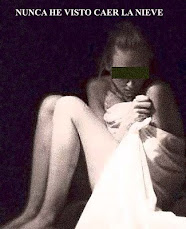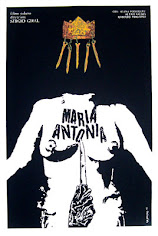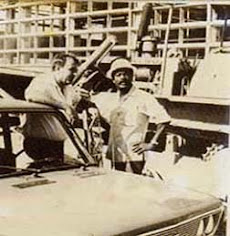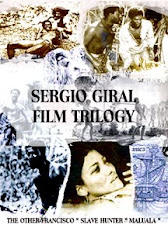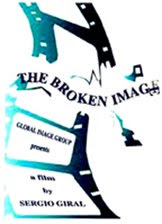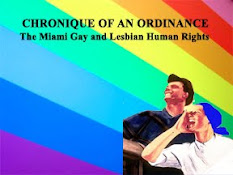As one of the founding fathers
of Afro-Cuban cinema, Sergio Giral is helping bring the black Cuban experience onto the screen. Karen Juanita Carrillo, bfm May/June 2006
1959
DOCUMENTARY STATEMENT
The Invisible Color documentary investigates the black Cuban
experience in United State and Miami Dade County in particular, since the first
wave of political refugees in the 1959 revolutionary aftermath to today, tracks
its presence throughout the region, and highlights its contribution to Miami’s
civic culture through testimonies and visual documentation.
1980
While any visitor to Cuba will notice the ubiquitous
presence of Afro-descendants everywhere, black Cubans are invisible in the
biggest Cuban enclave outside Cuba: South Florida. The Miami exile is white.
Although there was about a 10% of Cubans of color in the pre-1990s exile waves,
only a tiny fraction of them stayed in Miami, where non-white Cubans made only
a 2% of the total. The result is that the face of Cuban exile is white.
The Invisible Color
testimony the experience through the eyes of Black Cubans everyday life in
Miami Dade County in particular. Interviews, film clips, archive footage and
any possible media will be used to highlight our mayor occupations and
contribution to society as well life in contemporary Cuba. Members of the South
Florida community, Blacks and Whites, experts on the subject, artists, Scientifics
as well as everyday people will document the social and cultural aspects of
Black Cuban heritage. In sum, The Invisible Color will be more than just an
hour-long documentary on the role, identity and contributions of Black Cubans
in American popular culture have either acknowledged or ignore from a
historical as well as contemporary point of view.





